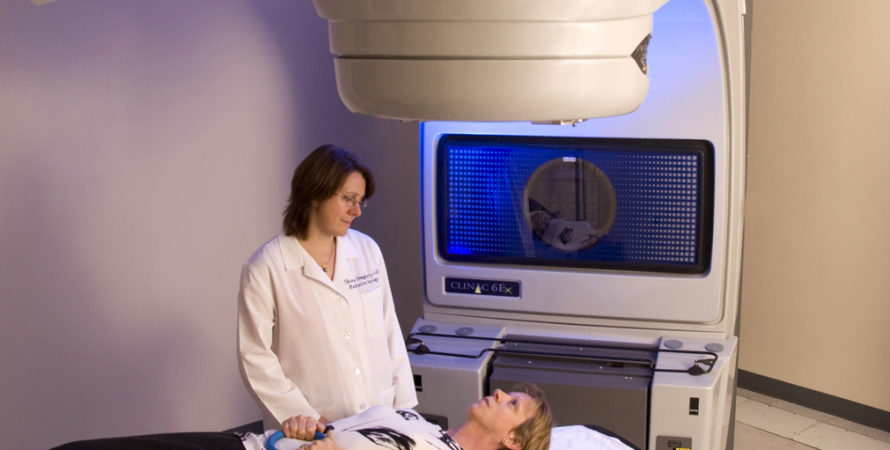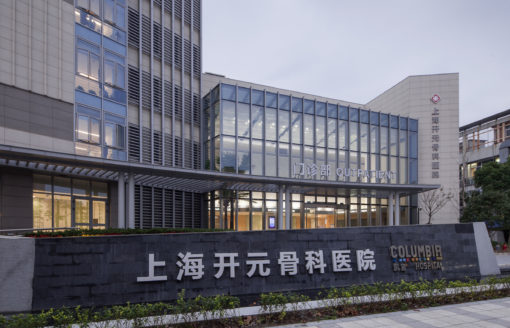Oncology, a branch of medicine that deals with the prevention, diagnosis, and treatment of cancer, has seen tremendous changes since 2007, from a dramatic growth in innovations (45 new drug or indication approvals in 2017 versus only 8 in 2007) to the emergence of value-based management, the management philosophy and approach that enables and supports maximum value creation (promoting the best patient outcomes while driving cost down).
Eight million people die of cancer each year worldwide, and its management puts a huge strain on healthcare systems globally. Annual global spending on cancer drugs totaled $107 billion in 2015, which is projected to jump almost 50% to around $160 billion in 2020. Moreover, oncology drugs are expected to account for about 30% of the pharmaceutical industry’s product pipeline and 25% of total revenue of the industry by 2020. Hence, oncology is viewed as a key growth driver for the pharmaceutical industry.
Sales of oncology drugs are expected to post solid growth over the medium term due in part to the increasing number of innovative and effective but expensive medications that help increase life expectancy of cancer patients. The global oncology drug market is estimated to witness a compound annual growth rate (CAGR) of 7.0% during the 2018-2024 period.
Despite oncology is experiencing a tidal wave of innovations that may profoundly change how cancer is diagnosed, treated, and monitored in the future, there continues to be significant unmet medical needs. Therefore, many companies engaged in the highly competitive oncology drug market are strengthening their R&D capabilities and thus enhancing their product innovation competence through strategic collaborations by sharing skills and expertise with other companies as well as academic and research institutions. In many occasions, these collaborative partners are abroad, and the forms of cooperation include partnership, joint venture and in or out-licensing of drugs or technologies. This trend is expected to persist in view of the synergy likely created.




China’s Government Led Initiatives for More Private Hospitals